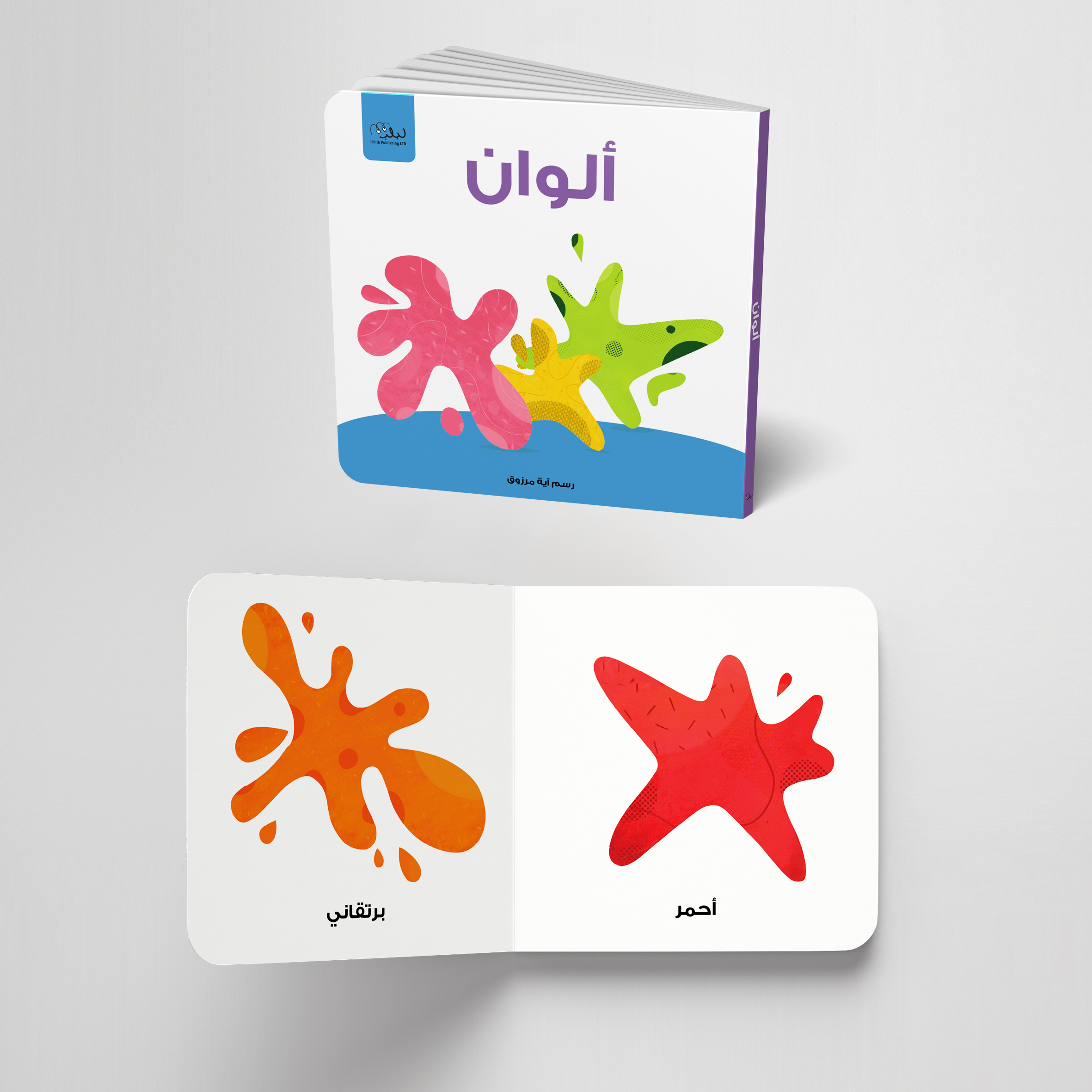When we think of children’s literature, we often envision a magical world where stories take young readers on transformative journeys. But beyond entertainment, children’s books play a vital role in language development, cultural preservation, and identity formation. For Arabic-speaking children, the stories they read in their native dialect can be a bridge to their heritage and an anchor in their linguistic journey. This is where the importance of Arabic dialects in children’s literature becomes clear.
At Liblib Publishing, we recognize the significance of dialects in shaping how children connect with their culture and language. While Modern Standard Arabic (MSA) is often the default for formal education and media, it’s the dialects spoken in homes and communities that children first encounter. Here, we explore why Arabic dialects matter in children’s literature and how they contribute to cultural preservation, language learning, and a stronger sense of identity.
The Diversity of the Arabic Language
Arabic is a rich and diverse language, spoken by over 400 million people across 22 countries. This diversity is reflected in the many dialects spoken throughout the Arab world, which differ significantly from one region to another. From the Levantine Arabic spoken in Lebanon and Syria to the Egyptian Arabic heard in Cairo, or the Maghrebi dialects of North Africa, these variations are more than just linguistic—they are cultural.
Children grow up speaking the dialect of their region, which is typically passed down through daily conversations, songs, and oral storytelling traditions. Yet, when they encounter books written in Modern Standard Arabic (MSA), the formal language used in education and the media, there’s often a disconnect between the language of their daily lives and the language in their books. This can create challenges for young readers, who may struggle to fully engage with stories written in a language that feels unfamiliar.
The Role of Arabic Dialects in Children’s Literature
Children’s literature written in Arabic dialects has the power to make stories more relatable and accessible. When children read in their native dialect, they recognize the language, expressions, and cultural nuances they encounter at home and in their communities. This not only fosters a love for reading but also enhances language development and comprehension.
At Liblib Publishing, we specialize in creating children’s books in various Arabic dialects to bridge this gap. By offering stories that reflect the spoken language of different regions, we help children connect with the literature on a deeper level. They can see themselves, their families, and their communities in the stories they read, which in turn strengthens their relationship with both their language and their culture.
Cultural Preservation Through Dialects
Language is one of the most important vehicles for cultural preservation. Arabic dialects carry with them the traditions, history, and values of specific regions. When these dialects are represented in children’s literature, they help preserve the unique cultural identity of each region.
For many Arabic-speaking families, especially those living in diaspora, maintaining a connection to their culture can be challenging. Children growing up in non-Arabic-speaking countries may be surrounded by other languages in their schools and communities, making it harder to retain their native dialect. Reading stories in their dialect helps them maintain this connection to their roots.
Liblib Publishing is committed to supporting cultural preservation by producing books that celebrate the richness of Arabic dialects. By offering stories in Egyptian Arabic, Levantine Arabic, and other regional dialects, we ensure that children across the Arabic-speaking world—and those in diaspora—can access literature that speaks directly to their cultural heritage.
The Benefits of Learning Arabic Through Dialects
In addition to cultural preservation, learning Arabic through dialects can have educational benefits. Many children are introduced to MSA in formal settings, but starting with their native dialect can make the language-learning process more intuitive and enjoyable. After all, dialects are the first form of Arabic that children hear and learn to speak.
Books written in dialect can help ease children into the process of learning Arabic by starting with a language that feels familiar. Once they have a strong foundation in their native dialect, transitioning to MSA becomes less daunting. Children who are comfortable reading in their dialect are more likely to become confident and enthusiastic learners of MSA, as they already have a strong grasp of the language’s structure and vocabulary.
This approach also applies to Arabic language learners outside the Arab world. For students learning Arabic as a second language, understanding dialects is crucial for effective communication. By introducing children to the different dialects through literature, we equip them with a more comprehensive understanding of how Arabic is used in everyday life across different regions.
Building Identity and Confidence
Representation in literature is vital for building a sense of identity and belonging. When children see themselves reflected in the stories they read, it reinforces their sense of self-worth and pride in their heritage. Arabic dialects are a crucial aspect of this representation. By reading stories in their native dialect, children can feel that their way of speaking is valued, and that their culture is recognized and celebrated.
Liblib Publishing’s mission is to create literature that reflects the linguistic and cultural diversity of the Arab world. Our books celebrate the uniqueness of each dialect, allowing children to feel proud of their heritage and confident in their identity. This is particularly important for children living outside their home countries, where they may feel disconnected from their roots. By reading in their dialect, they are reminded of where they come from and can take pride in their cultural background.
Liblib Publishing: Fostering Connection Through Literature
At Liblib Publishing, we understand the importance of both cultural preservation and language learning. Our goal is to provide children with stories that reflect their everyday lives and give them the tools to explore their linguistic heritage. By offering a diverse range of books in Arabic dialects, we help children—and their families—stay connected to their culture while nurturing a love for reading.
Our books are crafted not only for entertainment but to serve as a gateway for children to explore their identity and learn more about the rich cultural tapestry of the Arab world. Through Liblib Publishing, we aim to create a space where the beauty of Arabic dialects is celebrated and passed down to future generations.
Conclusion
Arabic dialects play a vital role in children’s literature by making stories more relatable, accessible, and culturally relevant. They help preserve the unique heritage of each region while supporting language learning and identity formation. At Liblib Publishing, we are committed to fostering these connections through our diverse range of children’s books in Arabic dialects.
By celebrating the richness of Arabic dialects in literature, we open doors for children to explore their cultural identity, learn their language in a meaningful way, and develop a lifelong love of reading. In a world where language and culture are often at risk of being lost, our mission is to ensure that the stories of the Arab world, in all their linguistic diversity, continue to be told for generations to come.





